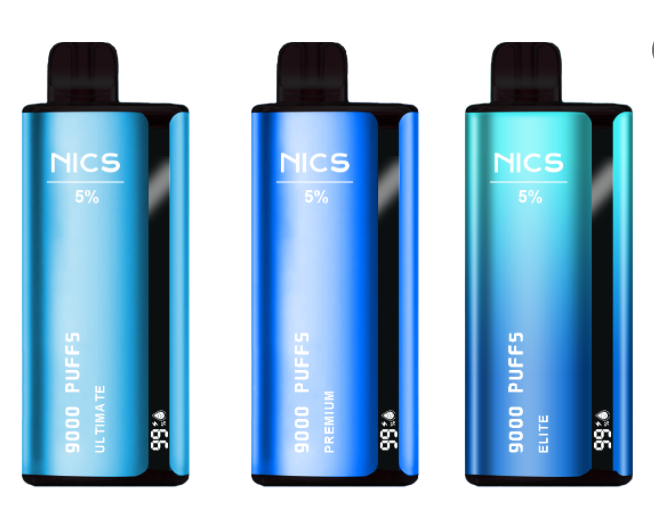News
It's important to note that at this time the FDA has not evaluated any of the e-liquids on the market and does not regulate these products. The FDA requires that vape manufacturers disclose ingredients in e-liquids, but not the harmful carcinogens in the heated vapor. The FDA is currently considerin......
Read MoreThe term "vaping" refers to a substance being heated to the point of releasing vapor, but not combusting. Vaping devices include a mouthpiece, battery, cartridge containing e-liquid/vape juices, and a heating component. The device heats the e-liquid (also called e-juice or vape juice) to create an a......
Read MoreWhen electronic cigarettes first graced the smoking market, they resembled tobacco cigarettes. However, after a few years, they started to change. Now, there is a wide variety of electronic cigarettes to choose from, resulting in a significant increase in the number of vapers.
Read MoreThe nicotine in e-liquids is readily absorbed from the lungs into the bloodstream when a person vapes an e-cigarette. Upon entering the blood, nicotine stimulates the adrenal glands to release the hormone epinephrine (adrenaline). Epinephrine stimulates the central nervous system and increases blood......
Read MoreYes. Experts think that e-cigarettes are, based on what we know so far, less harmful than cigarettes. Smoking is associated with a number of very serious health risks to both the smoker and to others around them. So switching from tobacco to e-cigarettes substantially reduces a major health risk.
Read MoreThis is known as “dual use.” The dual use of e-cigarettes and tobacco cigarettes can lead to significant health risks because smoking any amount of regular cigarettes is very harmful. People should not use both products at the same time and are strongly encouraged to completely stop using all tobacc......
Read More





















































